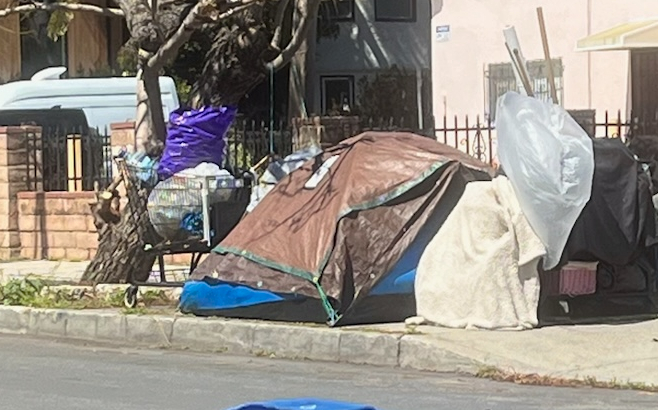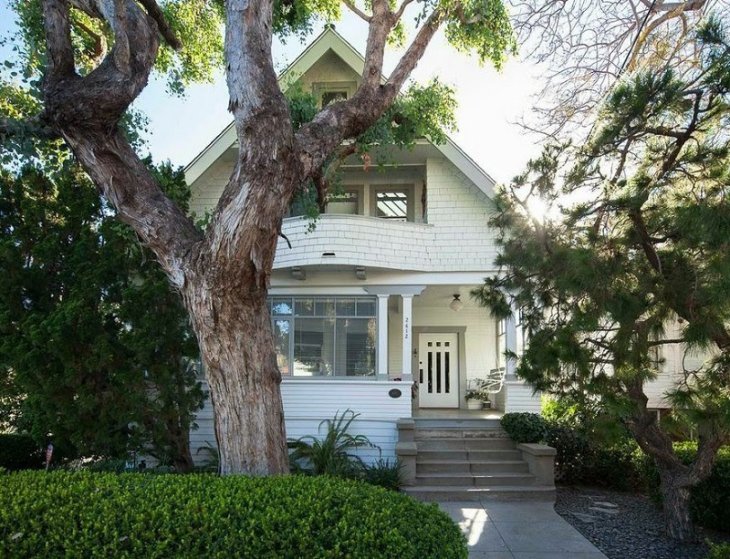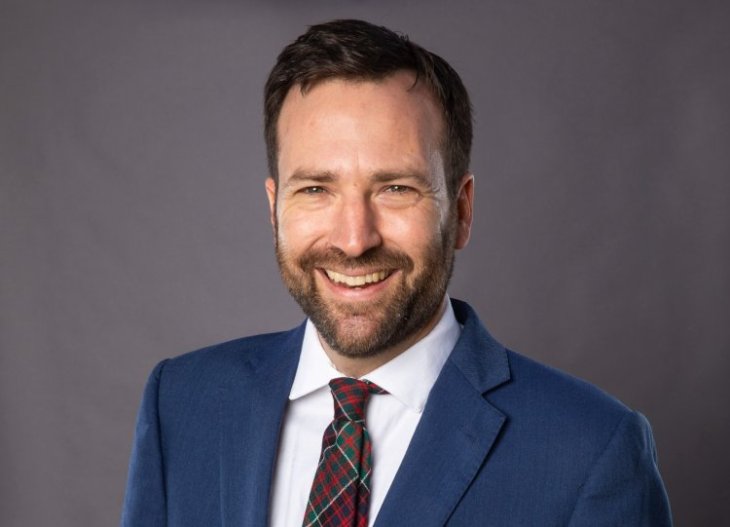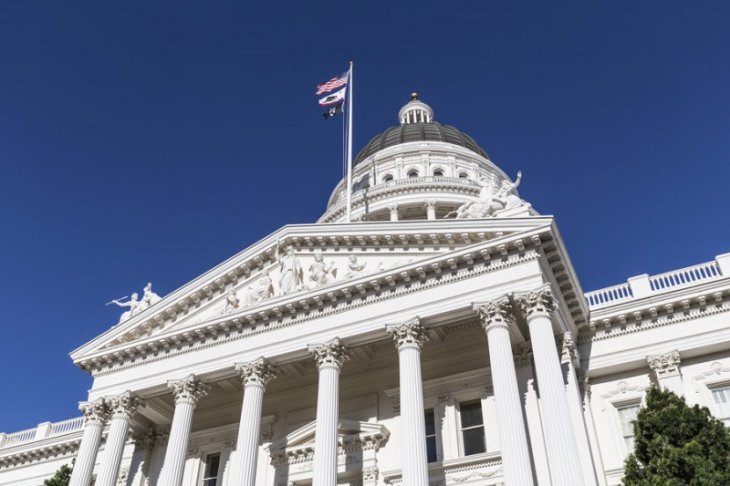$609.7 million to go towards combating homelessness during the fiscal year 2023 to 2024
By Dolores Quintana
The Los Angeles County Board of Supervisors last week unanimously approved the largest budget to combat homelessness on record and calls this move an “unprecedented investment” that “aims to accelerate progress and collaboration with cities under a local emergency declaration.” LA Mayor Karen Bass declared a local emergency regarding homelessness in her first days of office and the Los Angeles County Board of Supervisors has also joined the effort by making an emergency declaration of their own last month.
Fesia Davenport, LA County Chief Executive Officer said, via the Board’s press release, “Combined with the declaration of a local emergency, this spending plan puts dedicated resources to work where they can do the best as the County and its partners respond urgently to the crisis at hand.”
The board has followed up by unanimously approving a $609.7 million budget that will be used by the Los Angeles County Homeless Initiative during the fiscal year 2023 to 2024. This represents the largest investment in any given year to date to prevent and address homelessness. According to the Board’s announcement, this budget will help fund a heightened focus on three key missions for the County in collaboration with cities and other local partners in these key areas:
- Reducing encampments to bring unsheltered people indoors
- Increasing interim and permanent housing placements
- Ramping up mental health and substance use disorder services for people experiencing homelessness
Board Chair Janice Hahn said, via the Board’s press release, “We are directing an unprecedented amount of funding to our efforts to address the homelessness crisis, but money alone isn’t enough. More important is putting our resources behind the right strategies, investing in interim housing and supportive services so we can be better equipped to move people out of encampments and indoors, and acting with the urgency this crisis demands.”
The budget not only allocates funding but has specific plans from the Board on the best use of the money that is available. This budget will be funded by fiscal years 2023 to 2024 monies collected according to the dictates of Measure H and state Homeless Housing, Assistance, and Prevention (HHAP) grants. In addition, the board simultaneously approved $76.9 million to expand housing and services that the County provides in collaboration with local cities and for innovative new programs.
Supervisor Hilda L. Solis stated, via the Board’s press release, “As the epicenter of homelessness in the entire nation, we know that more resources are needed in Skid Row to help overcome the consequences of structural and systemic inequalities. To that end, I am grateful that this budget will help fund the Every Woman Housed Plan and the Skid Row Action Plan – holistic initiatives committed to improving the health and wellness of our unhoused neighbors in Skid Row. What’s encouraging is the unprecedented amount of funding going to cities. By providing funding directly to local jurisdictions, we have fortified our homeless rehousing system. I am glad that this budget helps to expand our work with cities to ensure homeless services touch the farthest reaches of our County.”
The breakdown of the allocation of the funding that will be financed by this spending plan includes:
- Wraparound supportive services for 22,130 permanent supportive housing (PSH) units, expanding the total inventory by 4,630 units, the County’s largest ever year-over-year increase. PSH serves people who have the most complex needs, including chronic medical and/or behavioral health conditions.
- More than $60 million in time-limited rental subsidies to quickly house people who have recently become homeless and offer them services until they can gradually take on the rent themselves.
- 5,029 interim housing beds to bring people indoors from encampments as quickly as possible. This is in addition to about 20,000 beds funded by LAHSA, local jurisdictions, and other County programs overseen by the Departments of Health Services, Mental Health, and Public Health, among others.
- Increased homelessness prevention measures, including a ten-fold increase in funding for “problem-solving,” which helps people identify viable temporary or permanent housing and other resources.
- A 40% increase in funding for programs to help people gain stability as they secure housing. These can include services to help them secure benefits they’re eligible for, as well as employment and income support.
- The plan to reduce homelessness also relies on deepening collaboration with local jurisdictions, including the County’s 88 cities and local Councils of Governments (COGs). This budget includes $25.5 million to work with local jurisdictions to resolve encampments and co-invest in housing.
This new budget represents an additional $61.8 million over last year’s allocation of $547.8 million which increases the funds allocated to the prevention and alleviation of homelessness by 11%.
Supervisor Holly J. Mitchell said, per the Board’s press release, “With this budget, we are putting more resources than ever before into helping people in encampments – including Recreational Vehicle (RV) encampments – move indoors, and urgently increasing our supply of housing. Our success in permanently reducing encampments relies on the collaboration of our partners in city government – Not just the big cities, but all of the local jurisdictions that are desperate to move people off the streets and into housing. This budget and the Local Solutions Fund, in particular, allows us to provide more funding and ongoing supportive services to communities countywide.”
The board went even further and approved an additional $76.9 million which will fund more homeless initiatives such as:
- A newly established ongoing Local Solutions Fund (LSF) intended to be tapped by cities and COGs to help people move out of encampments and into housing in collaboration with the County. This year’s allocation is $20 million.
- An additional $5 million for the Cities and COGs Interim Housing Fund (CCOGIHS), which builds on an existing $10 million investment. Last year’s CCOGIHS allocation has already been awarded to seven projects so far to fund supportive services at interim housing sites.
- The Skid Row Action Plan, which aims to comprehensively address the needs of residents in Skid Row, includes interim and permanent housing, behavioral health and substance use treatment services, and more.
- The “Every Woman Housed” program, is specifically designed to end homelessness for women and families residing on Skid Row.
- The RV Encampment program is committed to annually assisting 300 people living in recreational vehicles to find safer housing solutions and to dismantle inoperable RVs.
- Specialized outreach to people camped in high-severity fire zones in unincorporated areas of the County.

























